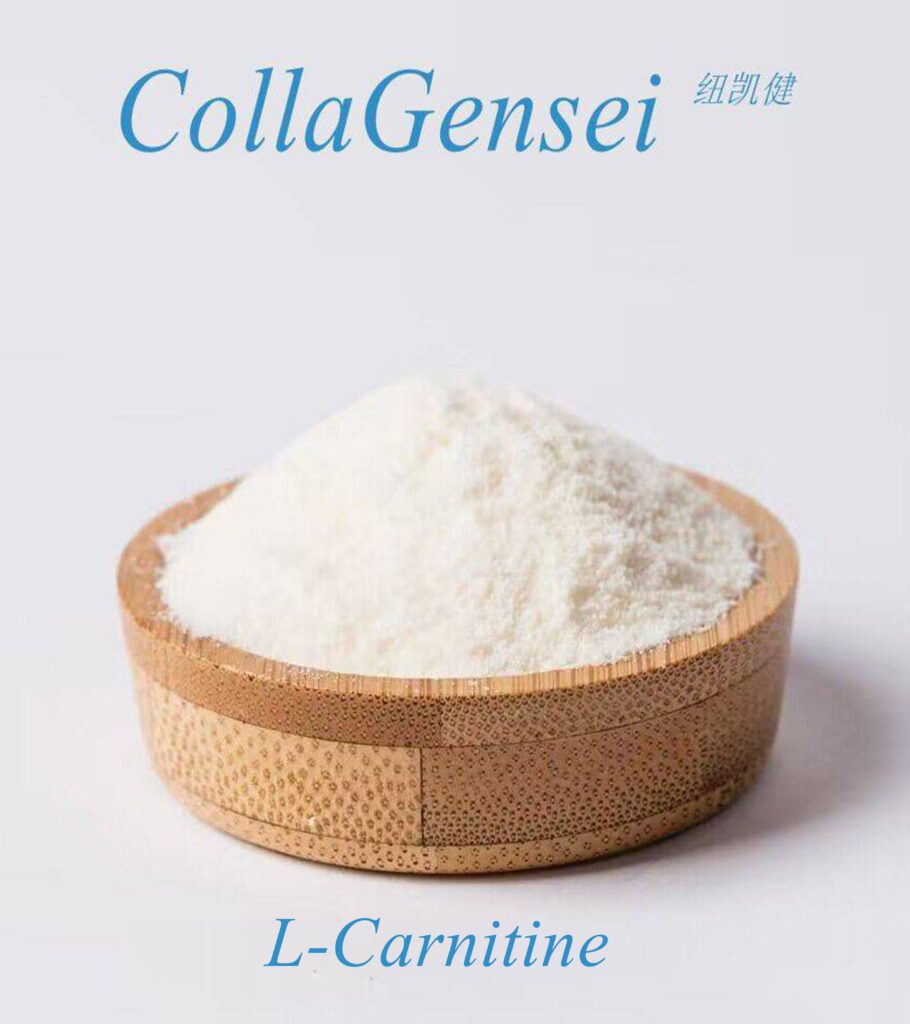Introduction
Pea protein and fish collagen stand out in dietary supplements for their distinct benefits and applications. Each caters to different health needs and dietary preferences. This article will thoroughly compare pea protein and fish collagen, exploring their origins, nutritional profiles, health benefits, and considerations for their use.
1. Understanding Pea Protein
1.1. What is Pea Protein?
Pea protein is a plant-based protein extracted from yellow peas (Pisum sativum). It is commonly used in various protein supplements and foods due to its high protein content and versatility. The extraction process involves grinding the peas into flour and then separating the protein from the starch and fiber.
1.2. Nutritional Profile
Pea protein is known for its impressive nutritional profile:
– Protein Content: Typically contains about 80-85% protein by weight.
– Amino Acids: These include all essential amino acids but are relatively low in methionine.
– Vitamins and Minerals: Contains iron, magnesium, and potassium. It is generally low in vitamins compared to animal-based proteins.
– Fiber: Pea protein contains moderate fiber, contributing to digestive health.
1.3. Health Benefits
– Muscle Growth and Repair: Pea protein supports muscle growth and repair, making it an excellent alternative to animal-based proteins.
– Digestibility: Generally well-tolerated and easily digestible, with lower allergenic potential than dairy or soy proteins.
– Satiety: High protein content helps you feel full longer, aiding in weight management.
1.4. Environmental Impact
Pea protein is considered environmentally friendly. Growing peas requires fewer resources, such as water and land, and emits lower greenhouse gases than animal-based protein sources.
2. Understanding Fish Collagen
2.1. What is Fish Collagen?
Fish collagen is a protein derived from fish skin, scales, and bones. It is hydrolyzed to break down the collagen into smaller peptides, which are more easily absorbed by the body. This collagen type is primarily used in supplements to support skin, joints, and overall connective tissue health.
2.2. Nutritional Profile
Fish collagen has a distinct nutritional profile:
– Protein Content: Typically contains about 90% protein by weight.
– Amino Acids: Rich in glycine, proline, and hydroxyproline, crucial for collagen synthesis.
– Vitamins and Minerals: Generally low in vitamins and minerals; its primary benefit is collagen content.
2.3. Health Benefits
– Skin Health: Supports skin elasticity and hydration, potentially reducing wrinkles and improving skin texture.
– Joint Health: May help reduce joint pain and support cartilage health.
– Gut Health: Supports gut integrity by maintaining the health of the gut lining.
2.4. Environmental and Ethical Considerations
Fish collagen production involves using fish byproducts, which can raise ethical concerns. The environmental impact depends on the sustainability of the fish sourcing practices.
3. Comparing Pea Protein and Fish Collagen
3.1. Protein Quality and Digestibility
– Pea Protein: Provides a high-quality plant-based protein. It is easily digestible and suitable for those with dairy or soy allergies. However, it may lack certain amino acids compared to animal-based proteins.
– Fish Collagen: Offers high-quality protein with excellent digestibility due to its hydrolyzed form. It is particularly rich in amino acids beneficial for connective tissues but does not provide a complete amino acid profile.
3.2. Health Benefits
– Pea Protein: Ideal for overall muscle maintenance and repair and is adequate for weight management due to its high protein content. It is less effective for specific joint or skin health benefits than collagen.
– Fish Collagen: Specializes in supporting skin, joint, and gut health. It is less effective for muscle growth compared to other protein sources.
3.3. Dietary Preferences and Restrictions
– Pea Protein: Suitable for vegans, vegetarians, and those with allergies to dairy or soy.
– Fish Collagen: Not suitable for vegans or vegetarians due to its animal origin.
3.4. Environmental Impact
– Pea Protein: More sustainable with a lower environmental footprint than animal-based proteins. It requires fewer resources and has lower greenhouse gas emissions.
– Fish Collagen: Environmental impact varies based on fish sourcing practices. Sustainability and ethical considerations are important factors to consider.
4. Choosing the Right Supplement
When deciding between pea protein and fish collagen, consider the following:
– Health Goals: Choose pea protein for muscle growth and weight management, and if you follow a plant-based diet, Opt for fish collagen if your primary focus is skin elasticity, joint health, or gut integrity.
– Dietary Restrictions: Pea protein is ideal for those with dietary restrictions or allergies. Fish collagen is suitable for those who do not adhere to a vegan or vegetarian diet.
– Environmental and Ethical Concerns: Pea protein generally has a lower environmental impact and is more sustainable. Fish collagen’s impact depends on the sustainability of fish sourcing.
Conclusion
Both pea protein and fish collagen offer distinct advantages depending on your health goals and dietary preferences. Pea protein is an excellent plant-based option for muscle growth and overall nutrition, while fish collagen supports skin, joint, and gut health. By understanding the unique properties and benefits of each, you can make an informed decision that aligns with your health objectives, dietary needs, and ethical values.




